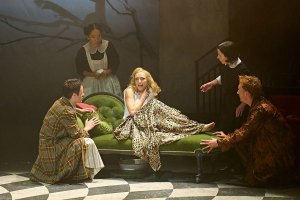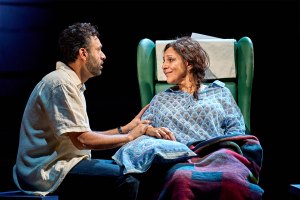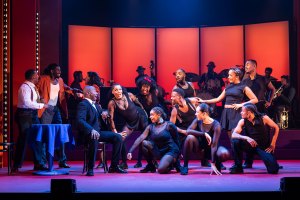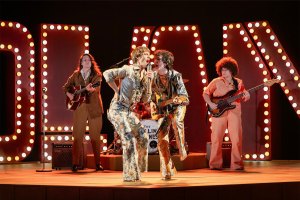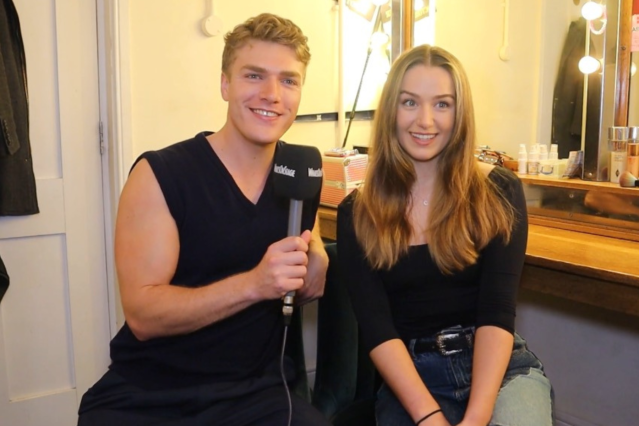Orange Tree Theatre's Paul Miller: 'We will hibernate, and then recover'
The artistic director of the south London theatre shares his experiences during the lockdown
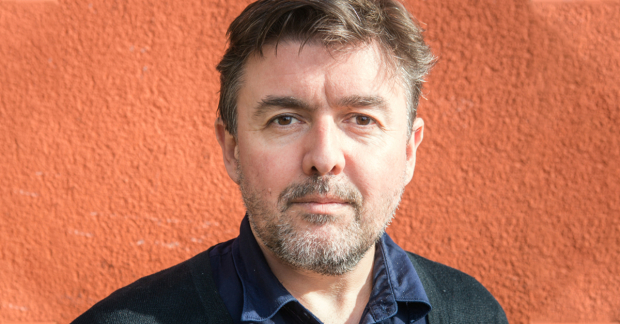
© Richard Davenport
Monday 16th March: the day when time sped up.
Over the weekend I'd come to the conclusion that it was unrealistic to be offering actors parts in a play (Marivaux' The False Servant) that I just didn't believe would be happening. By lunchtime we realised that even concluding the run of the current play (The Mikvah Project) now seemed untenable, having felt hardy and valiant until about the middle of last week. Last Easter will have to stop rehearsing. By the afternoon it's clear that we are heading for closure. At 5pm the Prime Minister tells the public to avoid going to the theatre. He's behind the beat: it's been decided by everyone. And so, at 5.45, I spoke to the team: we are shutting for the foreseeable future.
At 6 the actors arrive, early. Stoic in the face of bitter disappointment (it's a great show), they cleared their dressing room, we said our goodbyes, and they went home.
A couple of us stayed to meet the few audience members for tonight that we hadn't managed to contact. One or two were perhaps understandably a tad peevish about it, so a momentous day ended on a deflated note. And we couldn't even go to the pub.
In times of civic crisis, one of a theatre's historic functions has been as the place people gravitated towards for solace, for shelter, for a political meeting: literally to re-group. Outside of drama, theatres are arenas for protest and agitation; places to grieve, places to celebrate. They are secular churches. So as much as it feels dreadful not to have shows on, I can't bear that the theatre, our theatre, cannot fulfil its deeper civic destiny either.
"Gather round, and we'll tell you a story": the OT's unique auditorium has always felt like a physical testament to this, the oldest form of theatre. Thousands of years ago, in a clearing in the forest, no one ever said: "you all go and sit way over there where you can't really see us and we'll yell at you". No: gather round. And now it's not possible. Taboo, even.
But I try to reflect on the fact that communion, coming together, strangers gathered in the dark sharing in an imaginative act, has always been subversive. And that perhaps the endlessly fascinating and mysterious frisson between this and ideas of civic duty is why, ultimately, we all ran away to join the circus in the first place. But close we must and closed we are.
A journalist asks what I am missing most, and what I'm looking forward to. What comes to mind sounds so silly but seems profound to me: I look forward to settling once and for all which is my favourite sound at the OT: shared silence or shared laughter. Either is sublime. As long as it's shared.
To ‘entertain' is from a French word originally meaning to ‘hold together': well, the virus has put a stop to that.
I am now old enough to understand the truth of an insight someone offered when I was young and uncomprehending. We are all heavily invested in the idea that the theatre's special quality is that is entirely in the moment and the next day it's gone, over.
Only it's not true, or rather, misses out on a much larger truth: that theatre is unique as an art-form in its potent tendency to live long, and vividly, in the memory.
So, for the lucky 1000 or so who saw The Mikvah Project, with such beautiful performances in such a tender production by Georgia Green of this remarkable play, the experience is just now starting its second, longer, run: this time in people's minds. I promised the two actors (Josh Zaré and Alex Waldmann) that in 20 years' time in a random bar there will be someone excitedly saying "I saw you in that play! You were AMAZING!", and it'll be just the best feeling.
In other words, theatre lasts.
Meanwhile, business. Autocorrect seemed to acquire an Easter theme: it became convinced that I was typing about our three year Bunnies Plan. Then I was quoted in the Bunnies, sorry, I mean, Business section of the Daily Telegraph. This really is not what I ran away to join the circus for.
All the spreadsheets and Zoom meetings and timelines are to one purpose: recovery. The theatre is the most frail of art-forms, depending as it does on the human body. It's also the most tenaciously resilient. More so than, surely, in the end, when all's said and done, some virus. We will gather round again.
Our astonishingly loyal audiences in fact turned out to respond brilliantly and offered to donate the vast majority of their tickets back to us or hold as a credit. The OT team is consistently astounding in its stoicism, resourcefulness and commitment. Our Board are terrific, and even the bank manager has been nice. We will hibernate, and then recover.
We will hold together. And then we'll be back. To entertain.




